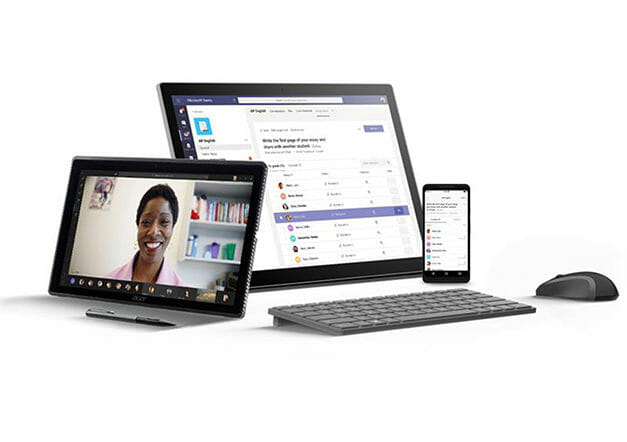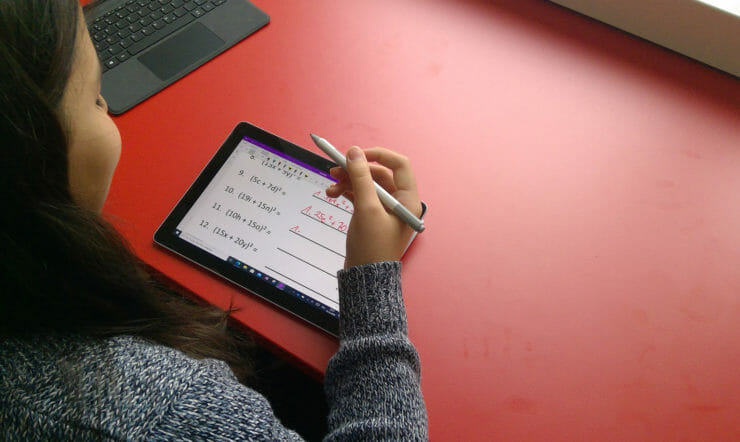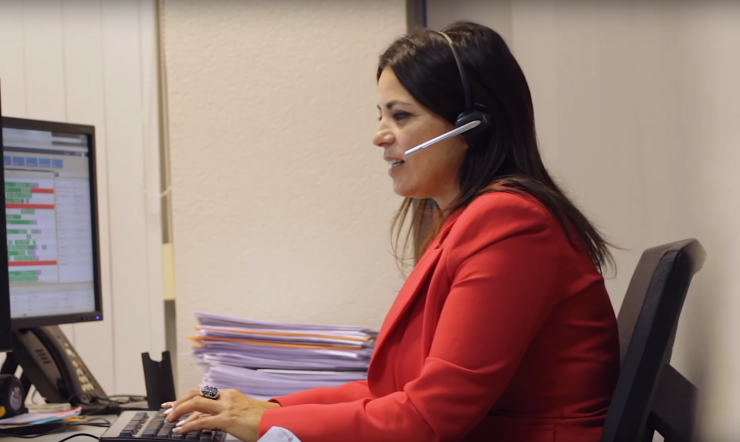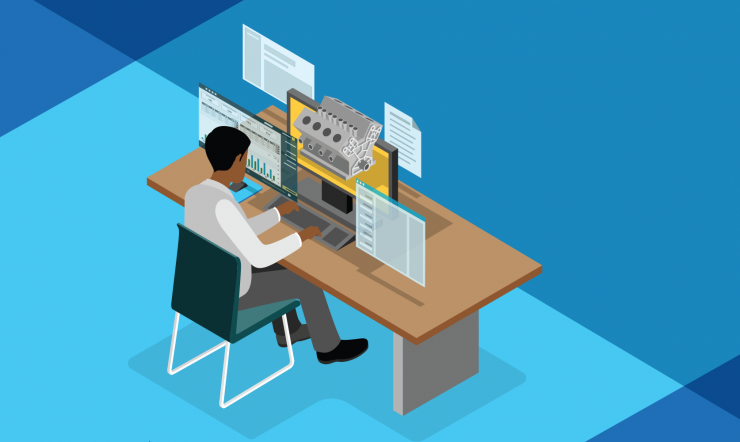In recent times, providing a responsive and efficient service that meets citizens’ expectations has become a priority for public sectors across the EU. But as citizen experience (CX) – such as improving citizen satisfaction and providing efficient digital services – takes center stage, many national, regional and local government organizations are falling behind.
Governments must go beyond simply making services available online and embrace technology to provide self-service platforms and data-driven insights so citizens can access what they want, when they want it. With 54% of European Government Executives reportedly planning to fund ‘Modernization of digital services for customers and citizens,’[1] public sectors are making the crucial decision to offer omni-channel experiences that can anticipate citizens’ needs.
To support citizen experience transformations across the continent, the EU has been working to create the Next Generation EU (NGEU) Fund to provide economic recovery for member states adversely impacted by the COVID-19 pandemic. If governments receiving this recovery package can successfully move customer interactions online and leverage data, they will be able to offer seamless, personalized, and proactive services to meet citizen expectations.
The workbook

To support national, regional and local governments with their citizen experience transformation, Microsoft has partnered with IDC to create the Citizen Experience Self-Assessment Workbook. This digital resource can help governments to determine their Citizen Experience maturity level, and provides guidance on how to become more effective at delivering Citizen Experience.
The workbook, which was developed by combining key insights from global expert interviews and literature reviews of similar models, introduces an assessment framework around global best practices for Citizen Experience and citizen-centricity.
Assessing Citizen Experience maturity
The framework, which can be found in the Citizen Experience Self-Assessment Workbook, is centred around four main dimensions:
- Only 13% of European Government Executives believe their organization to be ‘digitally transformative’. Having the organisational self-awareness to build a culture of innovation and employee empowerment, is a decisive factor of a successful digital transformation program.
- Many EU governments currently have limited communication channels. However, 53% of European Government Executives are set to invest in engagement and communication, in particular, personalization and omni-channel engagement.
- As 99% of European Government Executives plan to invest in a 360-degree citizen view, organizations are leveraging data and analytics to provide real-time citizen insights and intelligence[2].
- For 42% of European Government Executives, data protection, trust and privacy are a top priority. Combining citizen context and trust, governments can achieve the best balance between data privacy and understanding citizen preferences.
How the workbook can help
The Microsoft and IDC Citizen Experience Self-Assessment Workbook provides valuable recommendations based on best practices, that can drive the public sector’s transformation.
Aside from the framework, the workbook also provides stages, measures, actions and outcomes required for the public sector to develop and execute successful strategies.
Using the workbook enables governments to gain a deeper understanding of their maturity and of how they’re currently delivering citizen experience capabilities. This workbook can also help organizations build a business case to gain executive and organizational buy-in for citizen experience initiatives.
[1] Source: IDC EMEA’s European Industry Acceleration Survey, April 2021 n = 66
[2] DWP Delivery Plan




























